Installation of solar thermal system in Syunik regional neuropsychiatric dispensary

Project Details & Results
The project aims to replicate and scale-up successful low-carbon applications demonstrated by the SGP projects. In particular, the project will construct and operate a solar thermal energy system in Syunik Regional Neuropsychiatric dispensary and implement energy efficiency improvement measures in the building. About 450 mental patients and alcohol and drug abusers are treated in the dispensary and the daily average of inpatients is nearly 55 while the number of staff members is 54. The dispensary has considerable demand for hot water because the patients stay overnight in the hospital, the food is provided by the dispensary and the sanitation requirements are high.
As a result of application of solar hot water system in the dispensary, daily use of at least 25 m3 of natural gas will reduce which will ensure annual saving of US$ 7,600 to the hospital and prevent 42 tons of CO2 emissions in the atmosphere yearly.
As part of capacity building activities a laboratory of renewable energy and energy efficient technologies in Kapan branch of the State Engineering University with be established. The laboratory will be equipped by training-demonstration working models of a typical solar thermal system to be prepared by the project as a practical tool for targeted capacity building and knowledge transfer.
Project results
The project will produce the following major outputs:
1) Installation and operation of a solar thermal energy system in neuropsychiatric dispensary;
2) Implementation of energy efficiency improvement measures in the building;
3) Training dispensary personnel on operation and maintenance of the solar thermal system;
4) Making training-demonstration working models of a typical solar thermal system for the laboratory of renewable energy and energy efficient technologies to be established in Kapan branch of the State Engineering University;
5) Development and dissemination of knowledge materials on low-carbon technologies.
The project aims to replicate and scale-up successful low-carbon applications demonstrated by the SGP projects. In particular, the project will construct and operate a solar thermal energy system in Syunik Regional Neuropsychiatric dispensary and implement energy efficiency improvement measures in the building. About 450 mental patients and alcohol and drug abusers are treated in the dispensary and the daily average of inpatients is nearly 55 while the number of staff members is 54. The dispensary has considerable demand for hot water because the patients stay overnight in the hospital, the food is provided by the dispensary and the sanitation requirements are high.
As a result of application of solar hot water system in the dispensary, daily use of at least 25 m3 of natural gas will reduce which will ensure annual saving of US$ 7,600 to the hospital and prevent 42 tons of CO2 emissions in the atmosphere yearly.
As part of capacity building activities a laboratory of renewable energy and energy efficient technologies in Kapan branch of the State Engineering University with be established. The laboratory will be equipped by training-demonstration working models of a typical solar thermal system to be prepared by the project as a practical tool for targeted capacity building and knowledge transfer.
OSCE PIP team assisted the SGP grantee NGO in the project development and formulation.
Project results
- The project will produce the following major outputs:
- Installation and operation of a solar thermal energy system in neuropsychiatric dispensary;
- Implementation of energy efficiency improvement measures in the building;
- Training dispensary personnel on operation and maintenance of the solar thermal system;
- Making training-demonstration working models of a typical solar thermal system for the laboratory of renewable energy and energy efficient technologies to be established in Kapan branch of the State Engineering University;
- Development and dissemination of knowledge materials on low-carbon technologies.
.png&w=3840&q=75)
Subscribe for our news



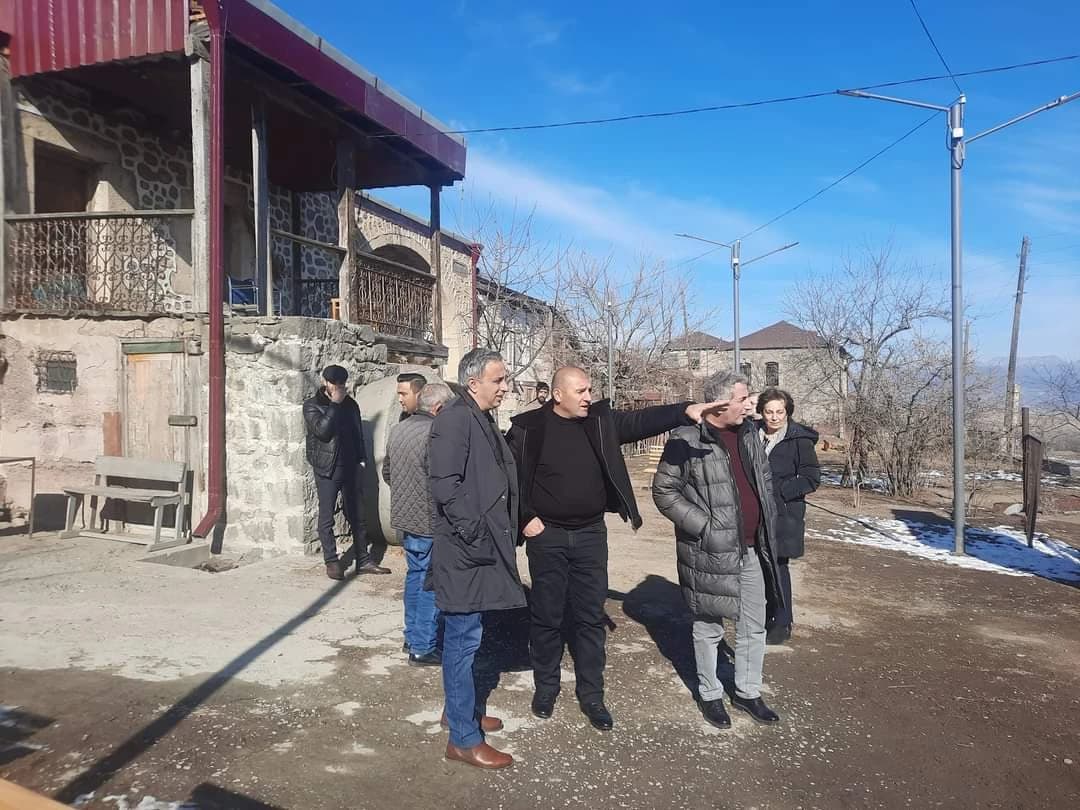
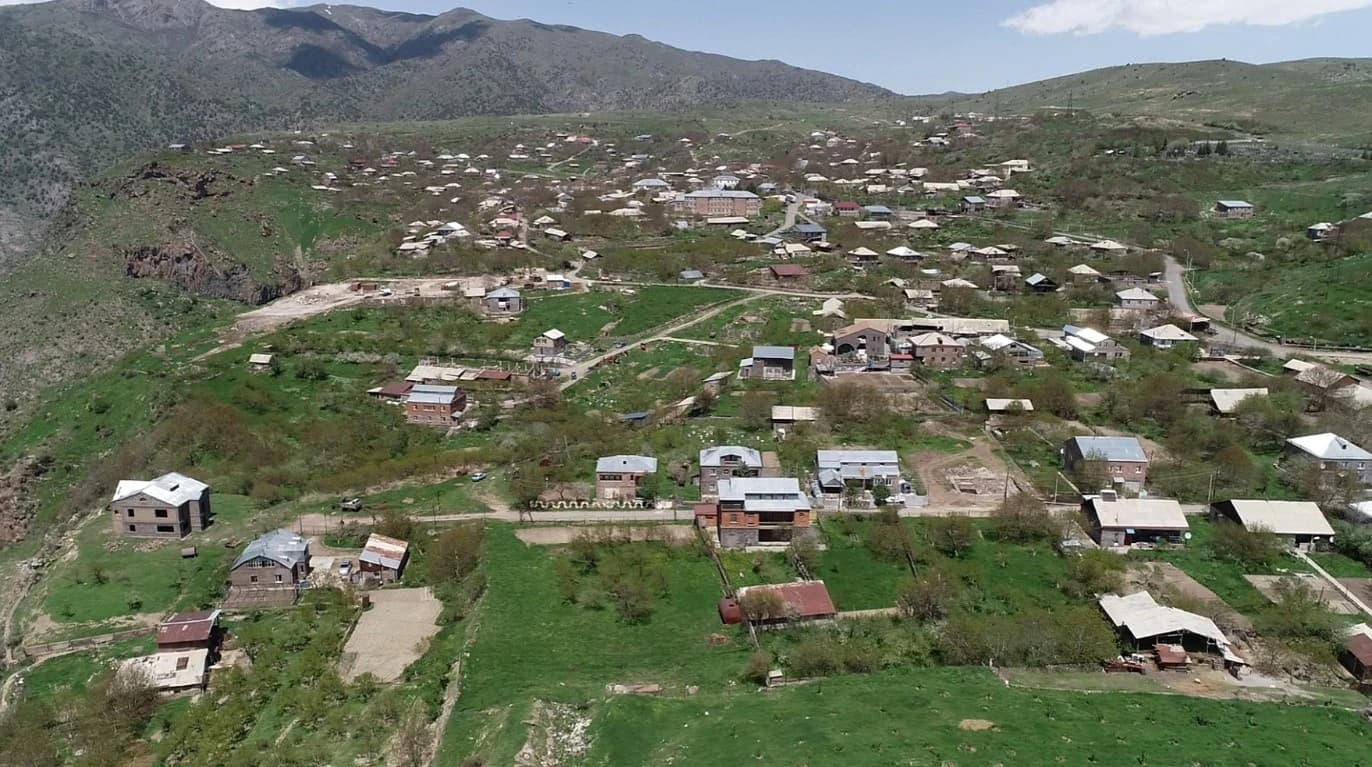
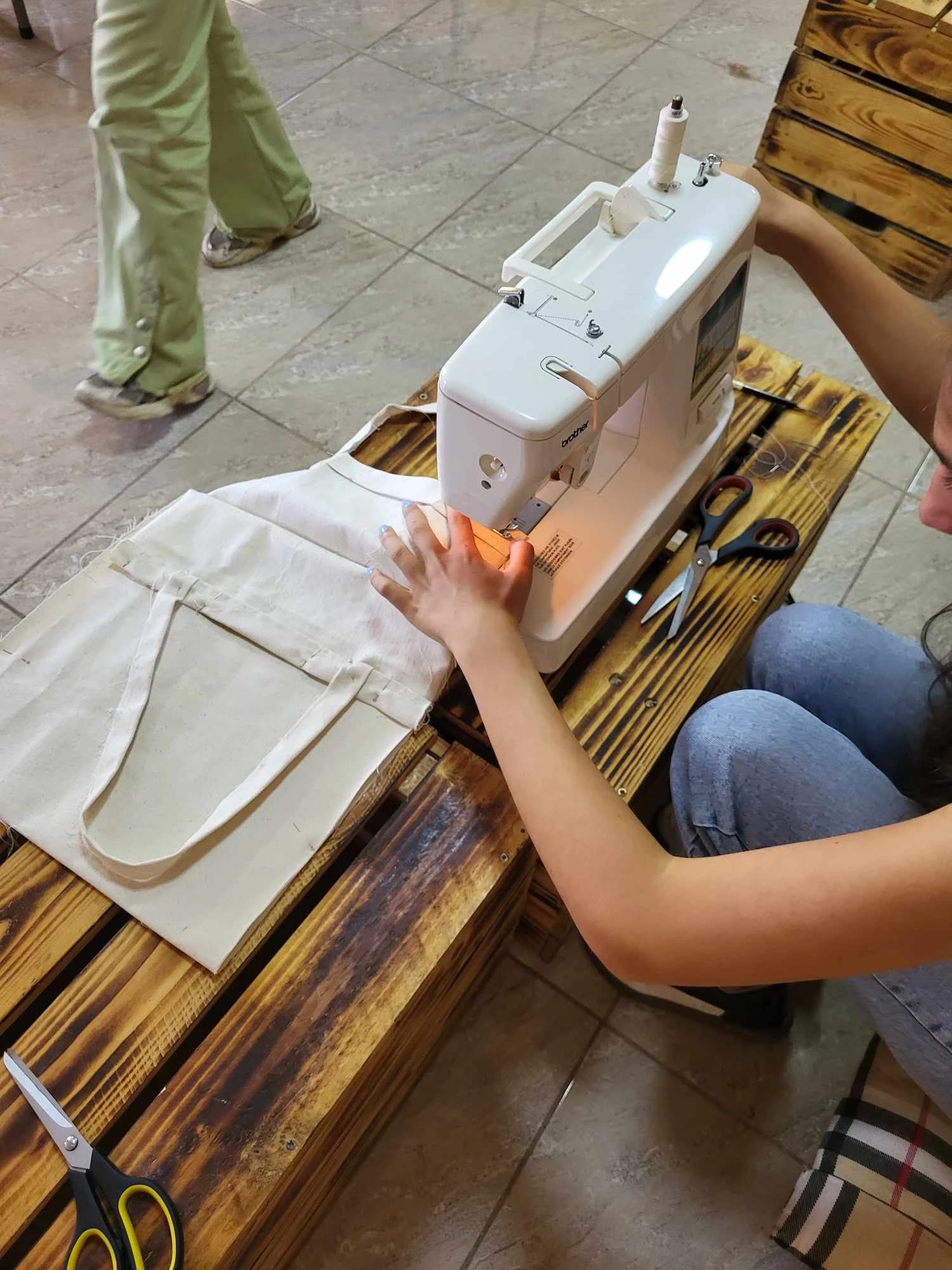

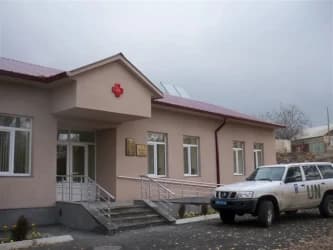
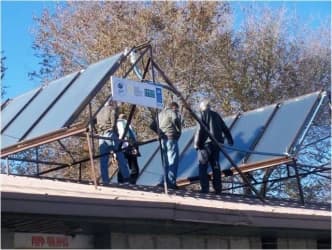
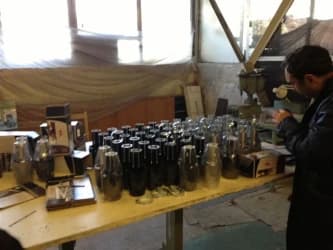
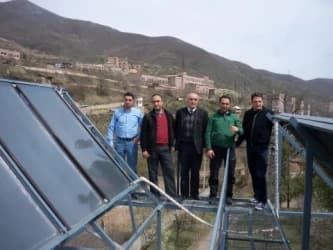

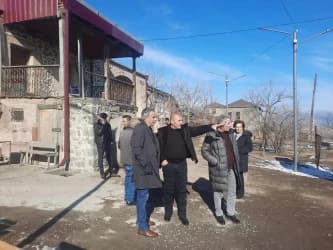
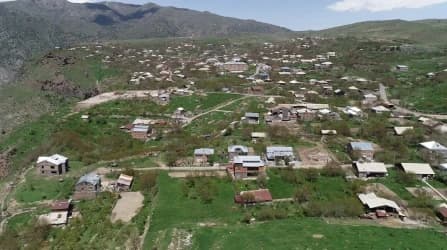
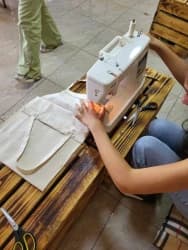

.png&w=3840&q=75)
